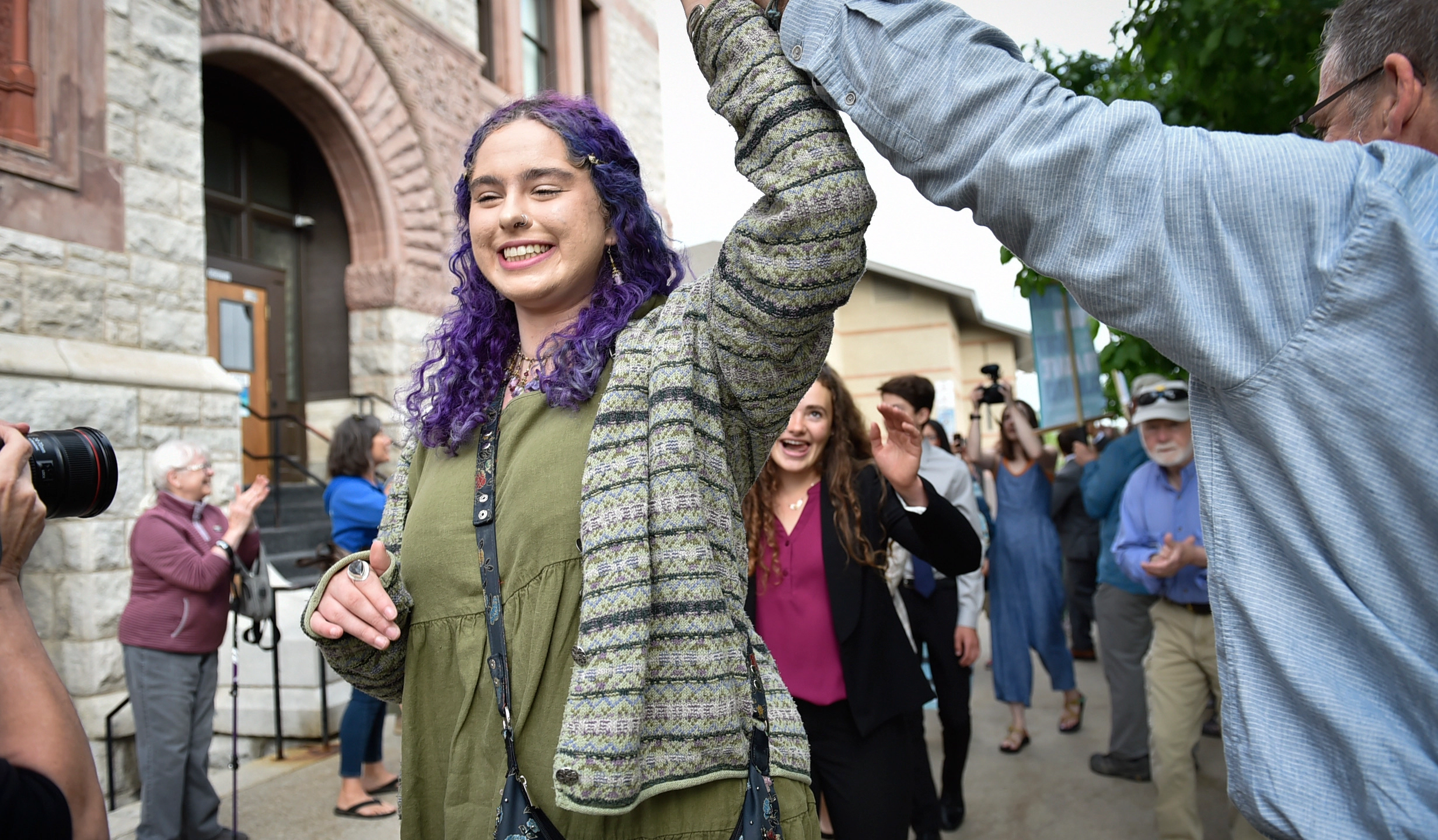By: Victor Zhang
A lawsuit has been filed by a group of young individuals against the state of Montana, accusing it of failing to safeguard the environment for future generations. The trial, known as Held v. Montana, is the first such state case to ever go to trial. It commenced last week and its outcome could have significant implications for determining whether governments can be compelled to address climate change.
The plaintiffs in this case are 16 young individuals, ranging from 6 to 22 years old, who are receiving assistance from an organization called Our Children’s Trust. Although Our Children’s Trust has previously filed similar lawsuits in all 50 states, this marks the first instance where such a case has proceeded to trial in the United States.
Montana possesses a somewhat unique constitution compared to other states in the US. Since 1972, the state’s constitution has enshrined the right of its residents to a “clean and healthful environment.” It is this constitutional provision that has enabled the case to be brought before the court. The young plaintiffs argue that Montana has neglected its duty to safeguard their future by permitting the utilization of fossil fuels. They contend that Montana’s reliance on fossil fuels has contributed to the climate crisis, which is adversely impacting their lives.
According to the young plaintiffs, climate change has led to increased droughts and wildfires, making it more challenging for them to live and breathe. They further assert that the climate crisis is impeding their access to clean water and undermining their ability to engage in hunting and fishing, activities they consider essential to their way of life.
In response, the state government argues that it is unfair for the young individuals to hold Montana solely accountable for the consequences of climate change, as it is a global issue. The state maintains that Montana’s ability to address the climate crisis is limited and that it can only observe as the problem persists. However, Montana has long been a significant producer of fossil fuels in the US, currently ranking fifth in coal production and twelfth in oil production. Rikki Held, one of the young plaintiffs, acknowledges the global nature of climate change but asserts that Montana must assume responsibility for its own contribution to the issue.
The trial began on June 12 and is expected to last for two weeks. The lawyers representing the young plaintiffs presented their case first, providing an opportunity for the young individuals to share their personal experiences and explain how they have been affected by the climate crisis. Climate experts were also called upon to elucidate how human reliance on fossil fuels has led to the climate crisis and its anticipated future consequences.
This week, the state will present its own experts to present their side of the case. Some of these experts are likely to argue that the extent of human influence on the climate crisis remains unclear.
Ultimately, the young plaintiffs will request the judge to declare that Montana’s support for fossil fuels contradicts the state’s constitution.
The outcome of this case is being closely monitored by other groups aiming to compel governments to take more decisive action on climate change. A favorable ruling for the young plaintiffs could potentially inspire others to pursue similar legal action.











